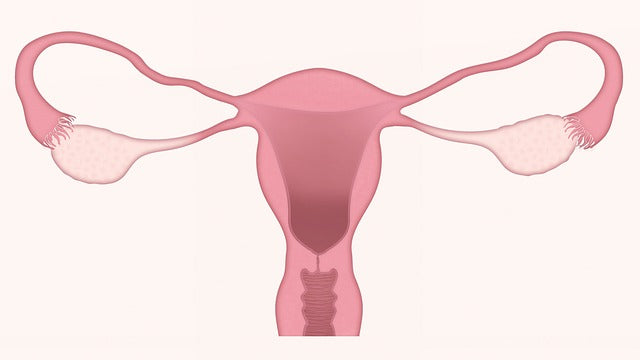How much blood does a woman lose during menstruation? Only a few people can answer this question. It is actually not as much as most people think.
On average, around 60 milliliters are released during each bleeding. This is a mixture of blood, remnants of the previously built-up uterine lining and vaginal secretions.
Considering that each menstrual period lasts only about four to seven
However, these figures are only intended as a guideline. There are women who lose more or less blood during their period.
What is normal?
An average or normal menstruation is when a woman loses about 40 to 80 milliliters of blood. Anything above or below this deviates from the norm and should be examined by a gynecologist.
Since the amount of blood is usually not measurable for women, it is measured by the consumption of tampons or sanitary pads.
The use of 5 or more tampons or sanitary pads per day and changing them more than every two hours is considered the first sign of heavy menstruation (hypermenorrhea).
Hypermenorrhea – severe blood loss
Heavy menstruation occurs when there is blood loss of more than 80 milliliters of blood and is also called hypermenorrhea.
There can be various causes for high blood loss during menstruation. For the majority of women with this symptom, the underlying cause is a hormonal disorder.
In some cases, the high blood loss can lead to anemia or iron deficiency within a short period of time. The first signs are pale skin, slight dizziness, low blood pressure and fatigue. In rare cases, shortness of breath and palpitations occur.
Hormonal influence on blood volume
The development of the uterine lining is controlled by the hormones estrogen and progesterone. Normally, the ratio between the two hormones is balanced. However, if this balance is disturbed, heavy bleeding can occur.
Young girls and women before menopause in particular often struggle with the associated hormonal changes. Even after pregnancy, temporary changes in bleeding patterns can be seen. As a rule, the hormonal balance levels off over time and the symptoms usually disappear completely.
Organic causes for heavy menstruation
In one in five cases, the increased blood loss is caused by an illness. The best known is endometriosis, where tissue similar to the uterus can also be found outside the uterine cavity.
Other causes could be polyps or myomas. But blood clotting disorders, high blood pressure or diseases of the kidneys or heart can also lead to hypermenorrhea.
If hypermenorrhea is suspected, the cause should definitely be clarified by a doctor.
Sources
Gynaecologists Achern Sprechzimmer.ch
Would you like to learn more about menstrual underwear? Then visit us at www.taynie.de .


